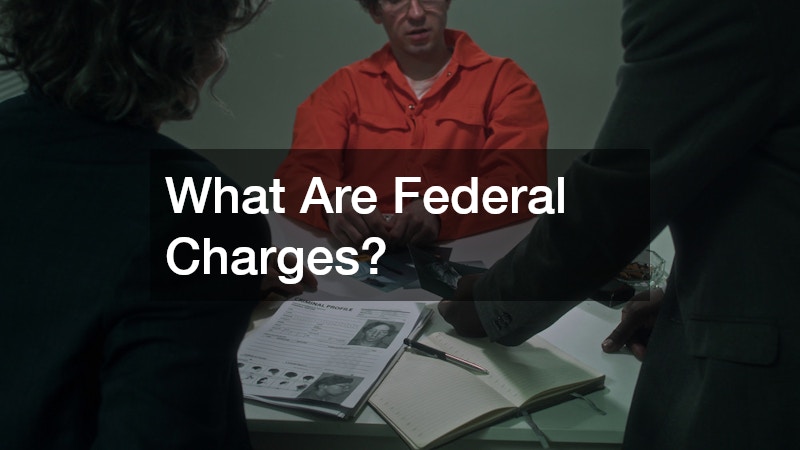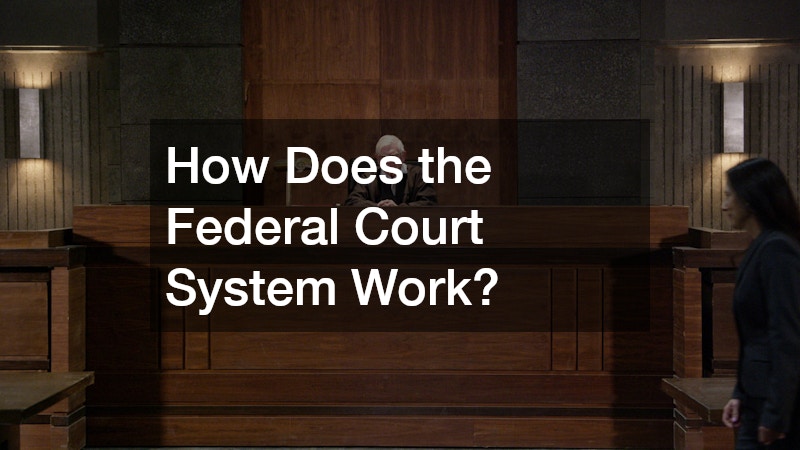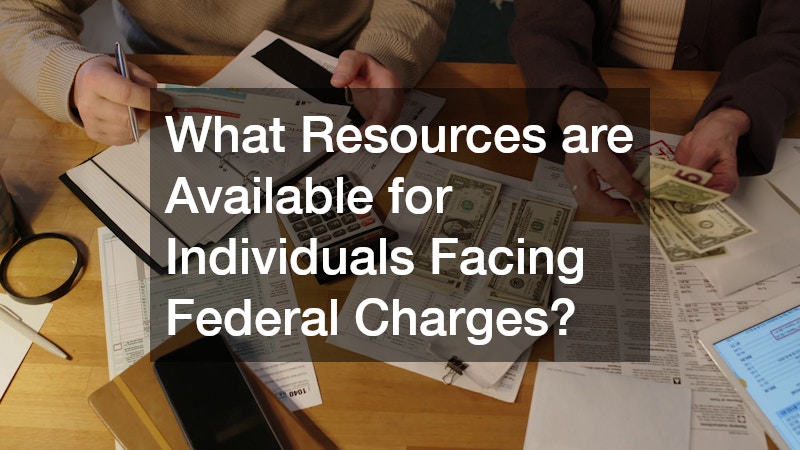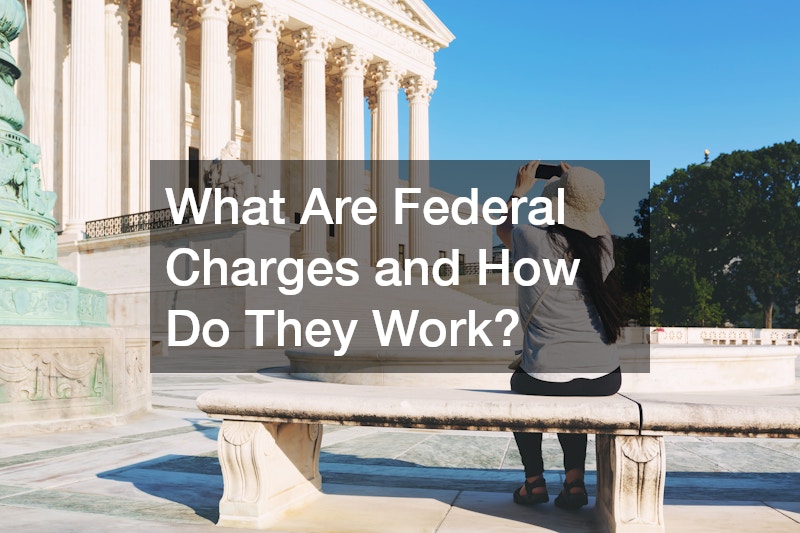
Federal charges represent some of the most complex and serious accusations within the United States legal system. These offenses are prosecuted at the federal level, involving national laws and federal courts, rather than local or state jurisdictions. Unlike state charges, which can vary significantly depending on regional laws, federal crimes are codified by statutes that apply uniformly across all states. Understanding the nature of federal charges is crucial because the stakes are considerably higher, both in terms of legal procedure and potential consequences.
It’s important to note that being charged with a federal crime can have long-term ramifications, including the loss of professional licenses, voting rights, and access to financial assistance or public housing. Navigating these waters requires more than just knowledge of the law; it demands the expertise of local attorneys who specialize in federal cases, particularly those from a reputable personal injury law firm, chapter 7 lawyer, or even visa lawyers, depending on the circumstances surrounding the charges. This article breaks down every stage of the federal charge process, from initiation to post-conviction relief, ensuring readers have a comprehensive understanding of what’s at stake and how best to protect their rights.

1. What Are Federal Charges?
Federal charges are criminal offenses that violate United States federal laws, as opposed to state or local laws. These charges are prosecuted by U.S. Attorneys and handled within the federal court system. One of the primary distinctions between federal and state charges is jurisdiction. Federal crimes typically involve offenses that cross state lines, affect interstate commerce, or violate national statutes. Examples of common federal crimes include drug trafficking, wire fraud, immigration offenses, white-collar crimes, and terrorism-related activities.
The jurisdiction for federal charges is granted under Article I, Section 8 of the U.S. Constitution, which allows Congress to enact laws on national issues. This legal framework empowers federal agencies such as the FBI and DEA to investigate and bring charges for violations of these statutes. Furthermore, federal laws often carry more severe penalties than their state counterparts, making it essential to understand their scope and implications.
In addition to their complexity, federal charges often involve higher levels of coordination among law enforcement agencies. The use of federal statutes is particularly important because they provide uniformity and clarity in the prosecution of crimes across all states. This makes federal charges more predictable in terms of legal interpretation but also more rigid in sentencing. Whether you are consulting personal injury lawyers for a related matter or seeking advice from franchise lawyers whose clients face regulatory violations, understanding federal law is critical. In summary, federal charges are distinct from state charges due to their legal origin, the agencies involved, and the courts in which they are adjudicated.
2. How Are Federal Charges Initiated?
Federal charges are typically initiated following an investigation conducted by a federal agency, such as the Federal Bureau of Investigation (FBI), Drug Enforcement Administration (DEA), or Internal Revenue Service (IRS). These agencies gather evidence through surveillance, interviews, subpoenas, and data analysis. Once sufficient evidence is collected, the case may be presented to a grand jury, which is a group of citizens tasked with determining whether there is probable cause to charge someone with a crime.
The grand jury plays a crucial role in issuing indictments, which formally initiate federal charges. In some cases, however, charges can be initiated through direct complaints, particularly if the evidence is overwhelming and immediate action is required. Legal standards for initiating federal charges are higher than at the state level due to the seriousness of the offenses and the impact they may have on national interests.
The process is thorough and designed to ensure that only well-substantiated cases proceed to court. Federal prosecutors, also known as Assistant U.S. Attorneys, carefully evaluate all gathered evidence before making a decision to press charges. It’s also not uncommon for individuals involved in civil legal matters, such as divorce mediations or healthcare administration disputes, to find themselves entangled in federal investigations if fraud or misuse of federal funds is suspected. For those involved, consulting with experienced local attorneys or even a bankruptcy lawyer may be necessary, depending on the nature of the charge. In every case, early legal intervention can be pivotal in mitigating the consequences or even preventing charges altogether.
3. What is the Process of a Federal Investigation?
Federal investigations are methodical, multi-phase processes designed to build solid legal cases before charges are filed. These investigations typically begin with preliminary intelligence gathered from whistleblowers, routine audits, or tips from cooperating witnesses. Once an agency opens a case, it progresses through several stages, including information gathering, surveillance, interviews, and forensic analysis of digital and financial records.
Tools used in these investigations include wiretaps, undercover operations, subpoenas for documents, and advanced data mining techniques. Investigative agencies operate under strict federal laws that govern privacy and civil liberties, though they are also granted broad authority to collect evidence. Throughout the process, federal prosecutors provide legal oversight, ensuring the evidence collected meets admissibility standards.
The rights of the accused during a federal investigation are protected under the Constitution. These include the right to remain silent, the right to legal representation, and protection from unlawful searches and seizures. Nonetheless, many people unknowingly waive these rights or inadvertently incriminate themselves during investigations. That’s why early consultation with personal injury lawyers or specialized visa lawyers is crucial, even if the matter seems unrelated at first glance.

4. How Does the Federal Court System Work?
The federal court system in the United States is composed of three main levels: district courts (trial courts), circuit courts (appellate courts), and the Supreme Court. Federal district courts serve as the starting point for most federal cases. These courts have jurisdiction over cases that involve federal statutes, constitutional issues, or disputes between parties in different states involving substantial monetary amounts.
Trials in district courts are presided over by federal judges appointed for life. These judges are responsible for ensuring fair trial procedures and interpreting federal laws. Jury selection is a critical component in federal trials, with strict vetting procedures to ensure impartiality. Both the prosecution and defense have opportunities to question potential jurors and challenge selections.
Appeals from district court decisions go to the circuit courts, where panels of judges review the trial record to determine if legal errors occurred. These appellate courts do not hear new evidence but instead focus on whether the law was applied correctly. In rare cases, matters can escalate to the U.S. Supreme Court, which has the discretion to hear a limited number of cases each year.
5. What Are Common Defense Strategies Against Federal Charges?
Defending against federal charges requires a well-thought-out strategy tailored to the specifics of the case. One fundamental principle is the presumption of innocence—individuals are considered innocent until proven guilty. Defense attorneys often leverage this principle by challenging the sufficiency of the prosecution’s evidence or questioning the legality of the investigation itself.
Constitutional defenses play a major role in federal cases. These may involve violations of the Fourth Amendment (unlawful search and seizure), Fifth Amendment (right against self-incrimination), or Sixth Amendment (right to a speedy trial and legal counsel). Challenging the admissibility of evidence obtained illegally is a common and sometimes effective defense tactic.
Plea bargaining is another prevalent strategy. Rather than going to trial, defendants may agree to plead guilty to lesser charges in exchange for reduced sentences. This is especially beneficial when the evidence against them is strong, but the potential penalties are severe. Whether you’re dealing with complex financial issues that require a bankruptcy lawyer, regulatory violations needing franchise lawyers, or personal injury cases requiring an accident attorney, selecting the right legal team is vital.
6. How Severe are Penalties for Federal Charges?
Penalties for federal charges can be extremely severe, often far exceeding those for comparable state-level offenses. Sentencing guidelines are established by the United States Sentencing Commission and are intended to promote consistency across federal cases. These guidelines consider the nature of the crime, the defendant’s criminal history, and any aggravating or mitigating factors.
Mandatory minimum sentences are a hallmark of federal law and can severely limit judicial discretion. For example, drug trafficking and firearms offenses often carry lengthy mandatory sentences, regardless of extenuating circumstances. In addition to prison time, courts can impose significant fines and restitution payments to compensate victims.
Prior convictions can elevate sentencing severity, particularly for repeat offenders. Some federal statutes include “three strikes” provisions that lead to life imprisonment after multiple convictions. Beyond incarceration, federal penalties often include collateral consequences such as the loss of voting rights, firearm ownership, and eligibility for certain types of employment or government assistance.

7. What Role Does the Federal Bureau of Prisons Play?
The Federal Bureau of Prisons (BOP) is the agency responsible for the custody and care of individuals convicted of federal crimes. The BOP operates a wide range of correctional facilities across the country, each classified by security level—from minimum to supermax. Inmates are assigned to these facilities based on their sentence length, criminal history, and security risk.
In addition to incarceration, the BOP offers reentry programs aimed at reducing recidivism. These programs include educational courses, vocational training, drug rehabilitation, and work assignments. The goal is to prepare inmates for a successful transition back into society. Monitoring and oversight are handled internally and externally to ensure that standards are met and that inmate rights are protected.
8. How Can an Attorney Help with Federal Charges?
Attorneys play a critical role in navigating the complexities of federal charges. Specialization in federal law is essential because the rules, procedures, and penalties differ markedly from those at the state level. A seasoned attorney can analyze the case thoroughly, identify potential defenses, and formulate a comprehensive legal strategy.
Attorney-client privilege ensures that individuals can communicate openly with their legal representatives without fear that their conversations will be disclosed. This confidentiality is key in building trust and enabling effective case preparation. Legal professionals assist in negotiating plea deals, securing bail, and presenting arguments in court.
Post-conviction, an attorney can file appeals, request sentence reductions, or seek clemency. Their knowledge is invaluable in ensuring that all possible legal avenues are explored. Whether the accused is involved in healthcare administration fraud, immigration violations requiring visa lawyers, or financial mismanagement best handled by a bankruptcy lawyer, having the right representation can mean the difference between incarceration and exoneration.
9. What Are High-Profile Federal Cases?
High-profile federal cases often dominate headlines and can shape public perception of the justice system. Notorious trials such as those involving corporate fraud, political corruption, or organized crime frequently serve as precedents and fuel legislative change. These cases usually attract intense media scrutiny, which can influence jury selection and trial proceedings.
Media influence can be a double-edged sword. While it brings transparency, it can also create bias. Judges may issue gag orders or sequester juries to ensure a fair trial. Lessons learned from precedent-setting cases help refine legal procedures and clarify the interpretation of federal statutes. Local attorneys often study these cases to better understand evolving legal standards.
Public reaction to high-profile trials can also drive changes in law enforcement tactics and sentencing guidelines. In this way, such cases not only affect the accused but also reshape how justice is pursued. Franchise lawyers, personal injury law firm experts, and even divorce mediations specialists may reference these cases to understand legal risks and adjust strategies for clients accordingly.

10. What Resources are Available for Individuals Facing Federal Charges?
Individuals charged with federal crimes have access to a variety of resources to help them navigate the legal system. Legal aid organizations and pro bono services offer free or reduced-cost legal assistance to those who qualify. Federal public defenders are also appointed to represent defendants who cannot afford private counsel.
Educational resources, including legal guides, websites, and online databases, can provide invaluable information about rights, procedures, and potential outcomes. Support networks and advocacy groups assist defendants and their families by offering emotional support, legal referrals, and community connections. Many of these organizations are tailored to specific issues, such as immigration or healthcare administration violations.
In today’s digital age, online forums and legal platforms allow individuals to research attorneys, review case law, and connect with others in similar situations. It’s essential to verify the credibility of these sources and consult with qualified professionals, such as visa lawyers or Chapter 7 lawyers, to receive accurate legal advice. Navigating federal charges is never easy, but with the right resources and guidance, it becomes manageable.
Final Thoughts: Protecting Your Future When Facing Federal Charges
Understanding federal charges is crucial because they carry immense consequences, from long prison sentences to lifelong social and economic impacts. The process, from investigation to post-conviction relief, is layered and challenging, often involving numerous agencies and complex statutes. Unlike state charges, federal cases require adherence to stringent legal standards and are typically prosecuted with more resources and vigor. Whether the accused is involved in healthcare administration, regulatory breaches requiring franchise lawyers, or immigration violations needing visa lawyers, federal charges can impact nearly every facet of life.
Moreover, the availability of resources such as federal public defenders, legal aid, advocacy groups, and online educational tools empowers individuals to make informed decisions. While federal charges are daunting, they are not insurmountable. With the right support, information, and legal counsel, those accused can fight for their rights, seek justice, and work toward a future beyond their current challenges. Informed action, timely intervention, and a strong legal team are the keys to navigating and overcoming the complexities of the federal criminal justice system.




